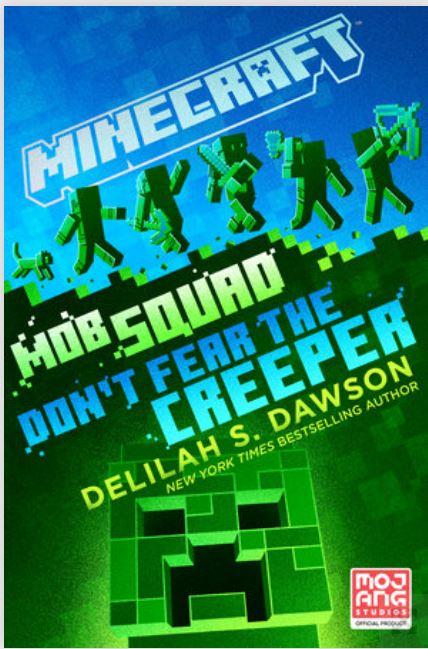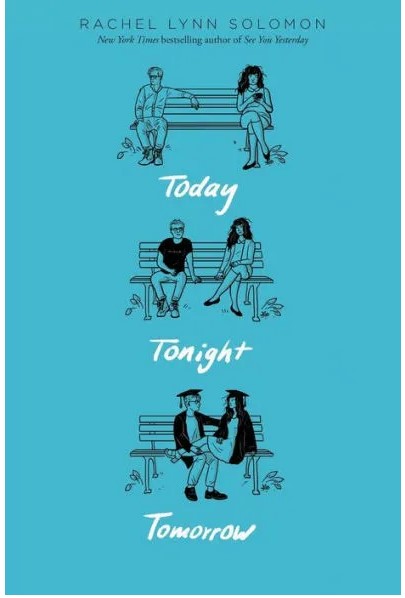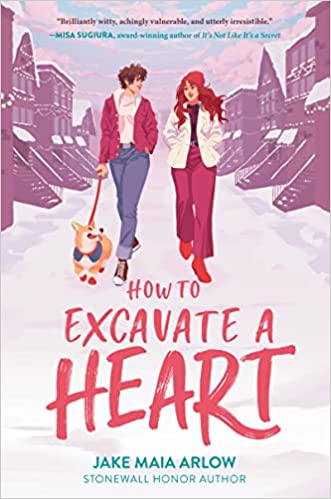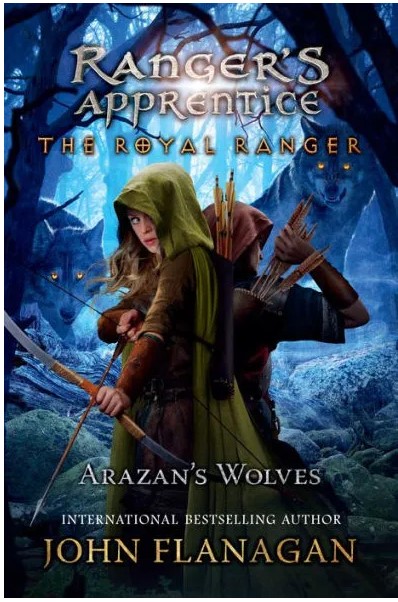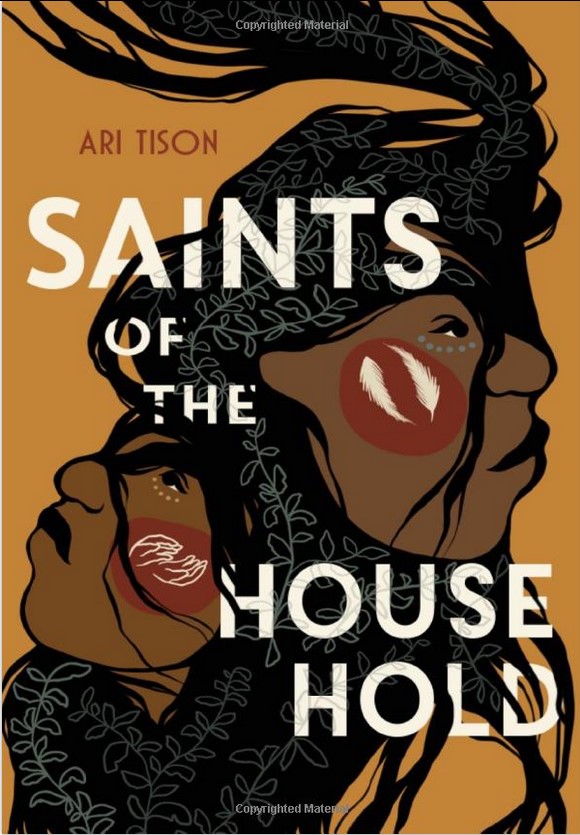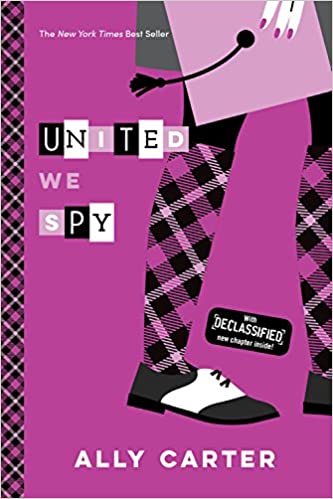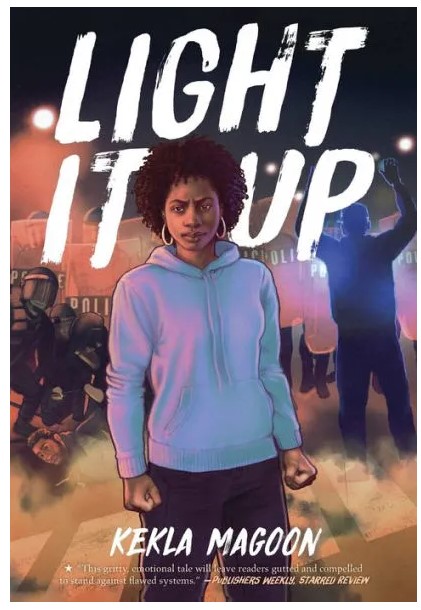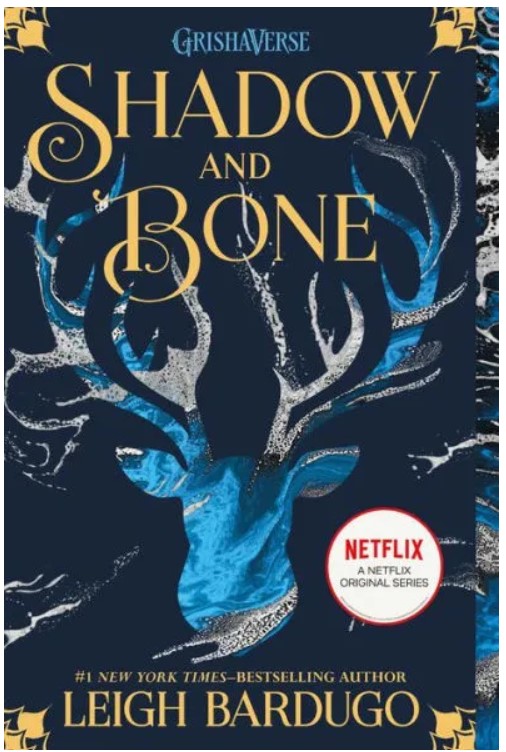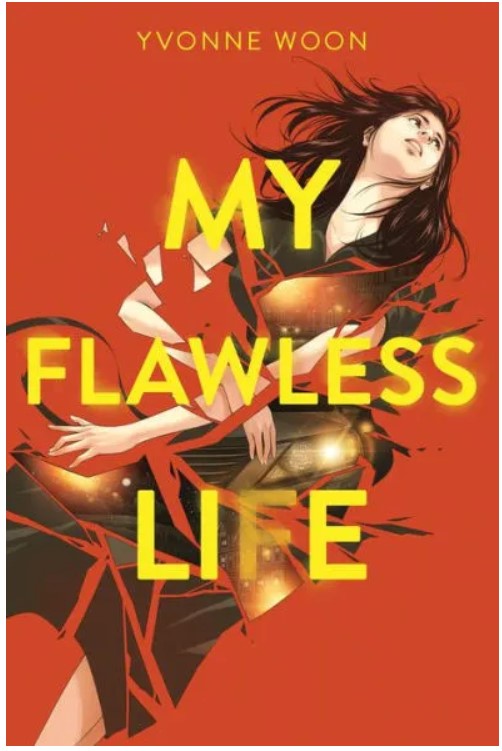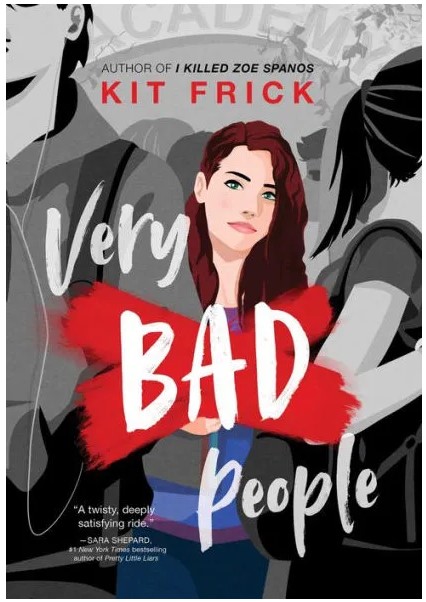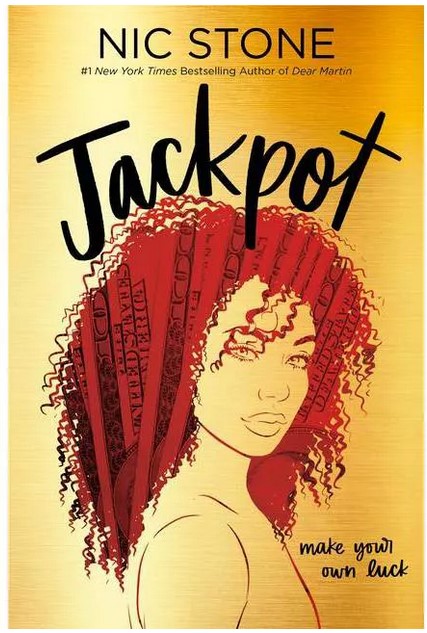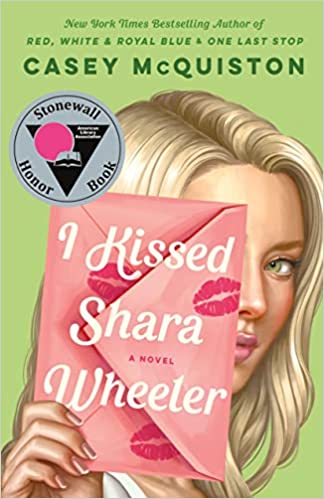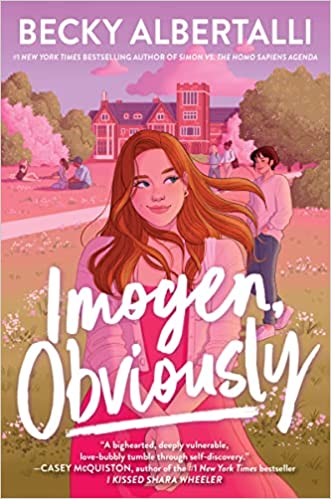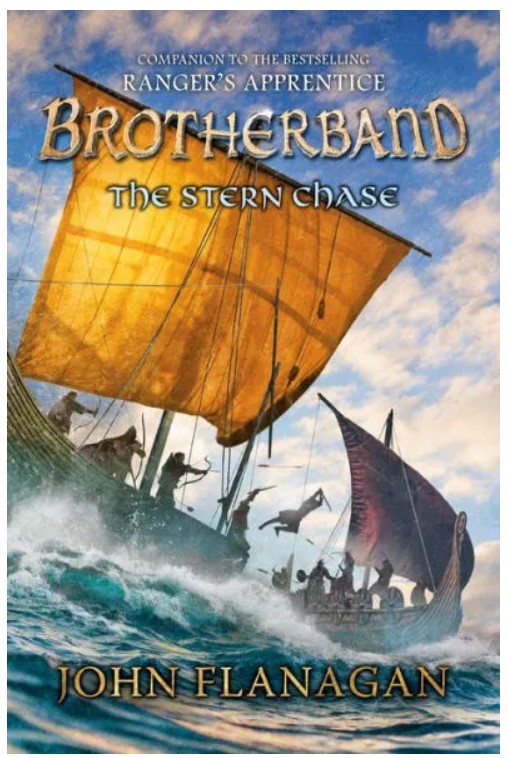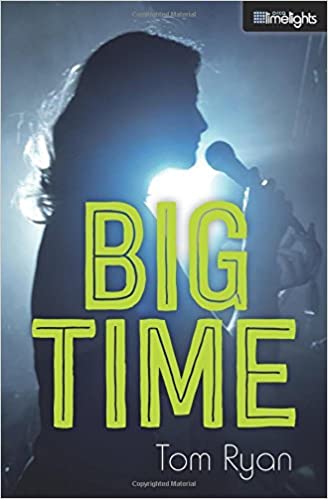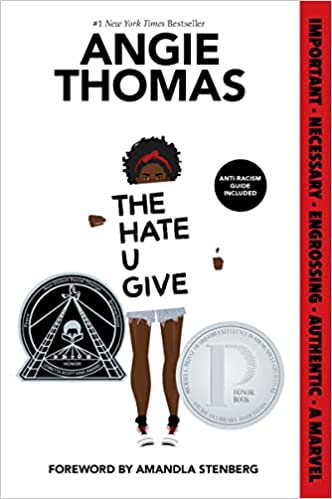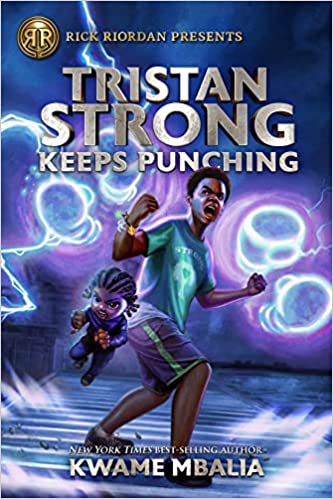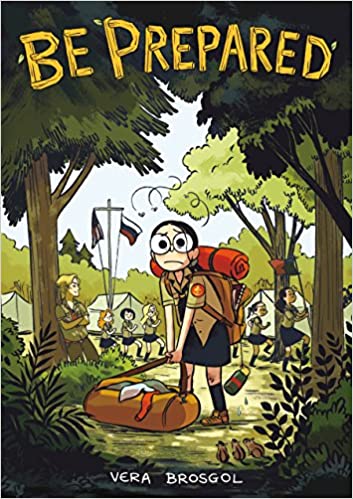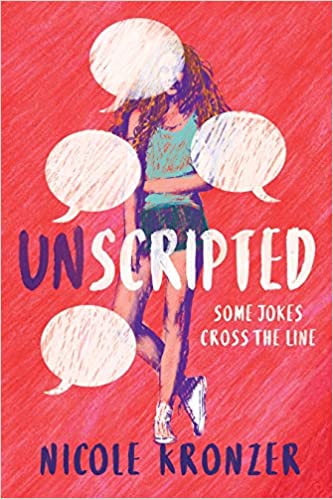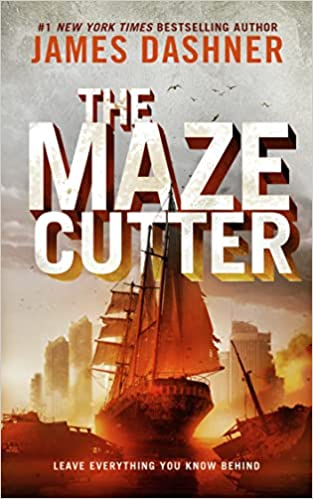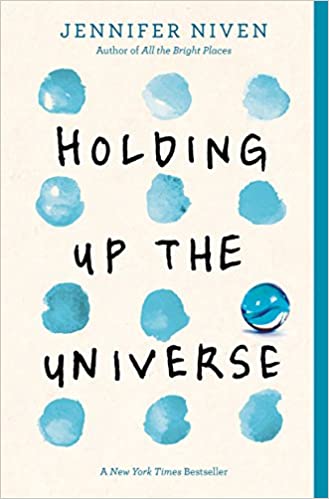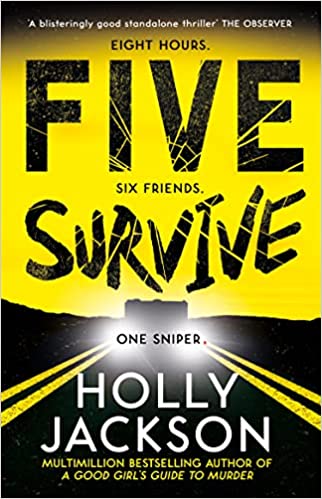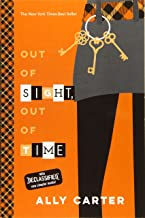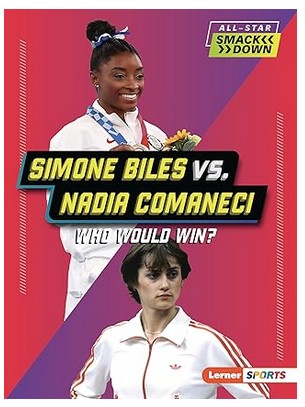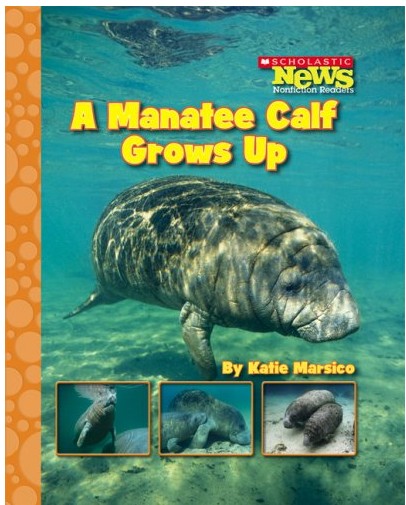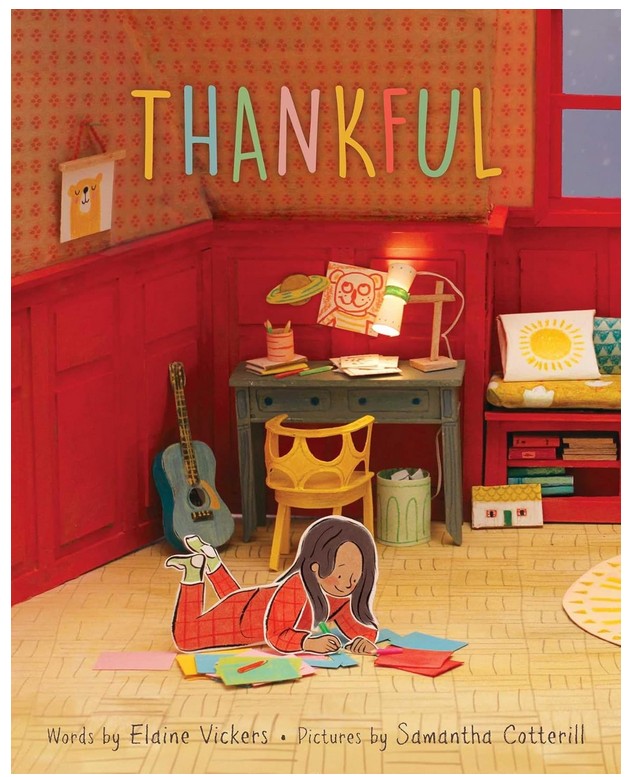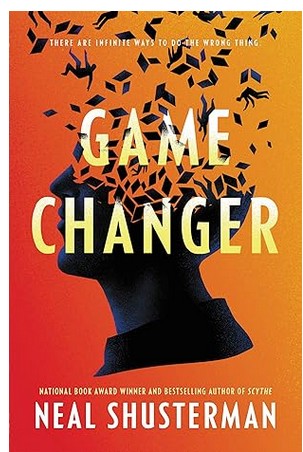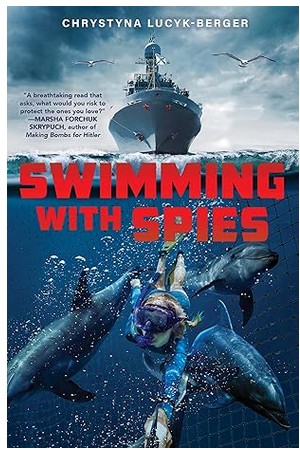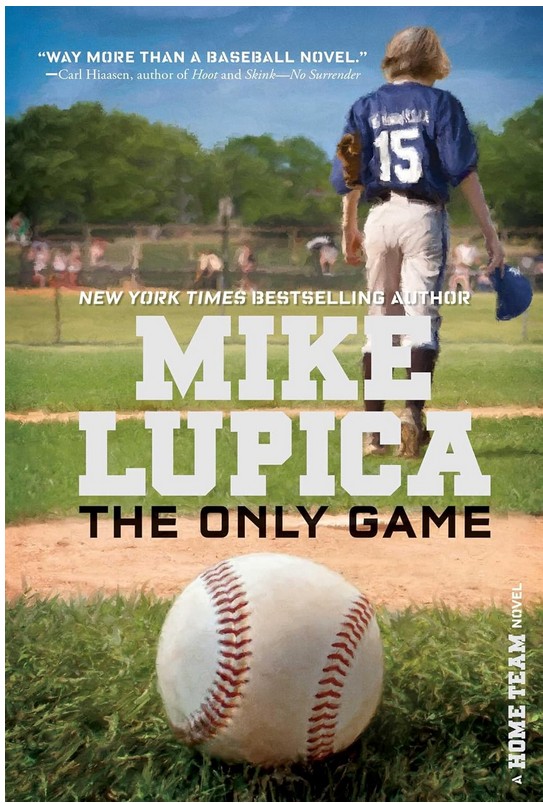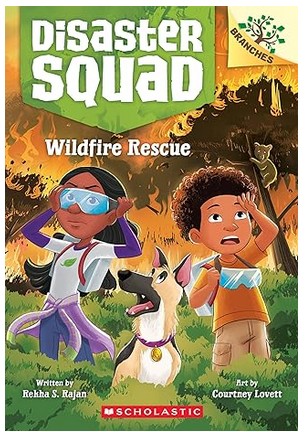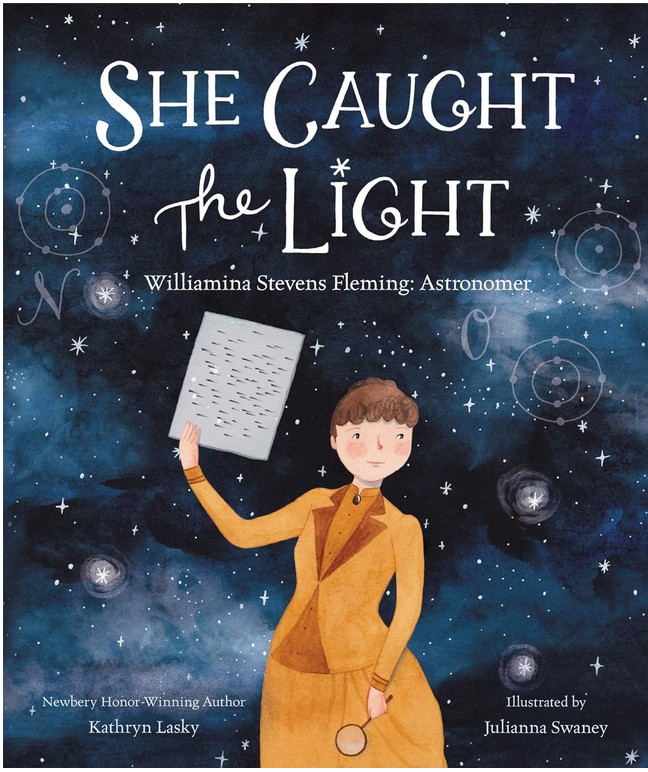The Mob Squad are the greatest heroes the town of Cornucopia has produced since it was founded: Mal the bold, Lenna the strong, Tok the wise, and Chug the steadfast. And Jarro, who’s renounced his bullying ways to reveal a truly kind heart. Together they’ve journeyed across the Overworld, delved into the Nether, and saved the day for Cornucopia again and again.
So why can’t they get any respect from the adults who run the town? The only one who understands is Nan, Mal’s great-great-great-grandmother, who trained them to be as resourceful and adventurous as she was in her day.
So when Nan gets sick and isn’t getting any better, the kids refuse to just sit by and do nothing. There’s something out there that can help her—an enchanted golden apple that can cure just about anything. And the Mob Squad will stop at nothing to get it.
But as they venture outside the walls of Cornucopia, they aren’t counting on being followed. The kids soon discover a mysterious foe whose motives are as unknown as the face that hides behind a Creeper’s head. If the Mob Squad wants to rescue Nan, they’re going to have to save themselves first.
Don’t Fear the Creeper is a fast-paced adventure with plenty of near-death experiences to keep readers’ hearts racing. As the Mob Squad searches for the golden apple, they travel into the unknown and often end up in unexpected danger. Through it all, each member of the mob squad plays an important role as the kids work together to reach their goal. Their determination and persistence are admirable, even if their actions are often imprudent. The book’s chapters change point of view which allows each member of the Mob Squad to give their perspective. However, the alternating points of view add little to the story and the characters’ voices are not unique, which makes it difficult to keep track of who is telling the story.
While most of the events stay true to the Minecraft game, some readers may be frustrated by the Mob Squad’s careless actions. For example, when going through a cave system, the Mob Squad comes across dark green blocks. Every time someone makes noise, something shrieks. Despite this, the kids are not quiet and end up waking a monster that chases them. While they make it out of the cave safely, they nearly died because they couldn’t stop talking.
The book’s ending also becomes a little preachy as it focuses on the Elders’ attempt to close off the town. However, Lenna thinks, “There’s value in teaching children they’re not invincible. . . There’s nothing wrong with running away when it’s the best choice.” The ending contains several epilogues that drag on. Still, fans of Minecraft will enjoy the story’s action, adventure, and the Mob Squad’s friendship. If you’re ready to delve into another Minecraft adventure, grab a copy of Minecraft: The Crash by Tracey Baptiste.
Sexual Content
- None
Violence
- When the Mob Squad sees a goat, Chug approaches it. Jarro sees “the horns lower into position, and I see the horror on Chug’s face, and then Chug is flying through the air like a bird. . .Chug flops onto the ground, his armor clanking. . . [Lenna] takes the goat out with a few shots.” Chug isn’t injured.
- While underwater, the Mob Squad is attacked by a “drowned” which is an underwater zombie. “When the drowned throws its next weapon, Chug bats it away and goes in for a slice with his sword.” When Chug screams, Jarro draws “my own sword and kick[s] down towards Chug, who’s hurt and having trouble continuing the fight.” The drowned bites Jarro and “the bite burns my arm, and Chug lands a hit while I struggle. . .” Finally, Chug “takes it down.” The scene is described over three pages.
- Fish attack the Mob Squad. When Tok sees the first one, he screams and “paddle[s] backward with my hand, but the gigantic fish is right in front of me, and it slams into me, and it feels like getting run over by a horse covered in knives, and I thrash and squeal in panic. . .” When the fish attacks, Tok describes, “a wired beam of purple wavy light burst out of its giant eye and straight for me, and I flail and dodge.” The kids escape. The fish attack is described over four pages. No one is seriously injured.
- The fish again attacks the Mob Squad. Chug beats “the fish down with my sword, but it gets a few slams in. . . Someone screams behind me and I spin to find Mal being targeted by a fish-eye bubble ray. . . I hit it with my sword from behind, and it spins and comes after me. As I keep fighting it, trying to dodge the spikes, it suddenly feels like my entire body is on fire.”
- As the fish surround the kids, Chug is “beating on the guardians (the fish) while they’re focused on Lenna. . . I double down on my onslaught, even when one of the guardians turns to face me, spikes out and bristling and big eye shaking like he’s going to start blowing bubbles at me again. . .” The kids escape. The attack is described over six pages.
- In a previous book, Jarro was kidnapped. When an unknown enemy taunts Jarro, he thinks, “I’m going to end up just the way I did last time, tied up and blindfolded, abandoned in the middle of nowhere. They tied me to a tree and left me to die, alone and without weapons. . .”
- While on an island, a zombie appears and “Efram dispatches the zombie in a few quick slashes and moves on. Then an arrow tangs at us from the left, and Lenna takes it down with a few arrows of her own. . .”
- A man wearing a Creeperhead attacks Tok. Tok explains, “He just hit me, again and again. . . he didn’t say a single word.” Tok was seriously injured and needed a Potion of Healing.
- Tok takes a Potion of Swiftness that makes him run super-fast. Lenna thinks he is a Creeper, so she “takes careful aim and lets her arrow fly. . .Tok stands before us, an arrow in his shoulder.”
- In a multi-chapter battle, a Wither (a three headed skeleton) attacks the kids. Tok jumps into the fight when the Whiter is “headed right for Lenna, and without telling my body to do anything, it’s sprinting toward her, sword out. As the skull nears us, I swing my sword, and it swooshes right past my blade and smacks me in the chest, and the world explodes around me in a flash of white against the dark sky.” Tok is seriously injured. Tok exclaims, “my body doesn’t seem to want to work. My arms are weak, my legs exhausted like I’ve already run a mile.”
- The Wither and the Creeperhead appear at the same time and the Creeperhead begins throwing TNT at the kids. The Wither skull hits Mal. “She’s almost limp” and Chug carries her “like a baby back toward the open cave mouth.”
- As the Mob Squad fights the Wither and the Creeperhead, the Creeperhead holds a block of TNT over his head. Then, “The TNT block he was holding over his head explodes, throwing him back against the mountain.” He is knocked out and the kids tie him up, but the Creeperhead is not seriously injured.
- The Wither follows the kids into the cave. Chug sprints “right at the Wither, running it through with my sword. I hit it again and again, so fast that it can’t seem to launch a skull. . .” Then, Tok joins in the fight. “Tok lands hit after hit. It’s perfect for him, really— [the Wither] can’t move and it can’t fight back.” The Wither explodes and its skeletons run away.
Drugs and Alcohol
- Potions are often used. For example, when someone is sick or injured, they are given a Potion of Healing.
- In order to breathe underwater, the Mob Squad uses the Potion of Water Breathing. When Jarro drinks the potion, “the funniest feeling comes over me—like I’m inside a bubble and as light as air.”
- After being attacked by fish, Tok gives his friends “Potions of Regeneration. They should help us heal faster, if we get hurt.” The ingredients include “a ghast tear and some Nether wart.”
- One of Tok’s potions uses “fermented spider eye.”
- When given a golden apple, an elderly lady’s health is restored.
Language
- Poppeycock is used once.
- The town’s people call Lenna “Loony Lenna.”
- Heck is used once; darn is used twice.
- One of the Mob Squad calls someone a jerk four times.
- After almost dying in the fish attack, an old man saves the kids. He calls the kids “fools” and “morons.”
- Tok is injured, but he’s still trying to talk, so Lenna says, “Shut your piehole.”
- Lenna calls the guards who won’t open the gates “creeps.”
- An elderly woman calls one of the town’s elders “the little nincompoop.”
Supernatural
- None
Spiritual Content
- None
